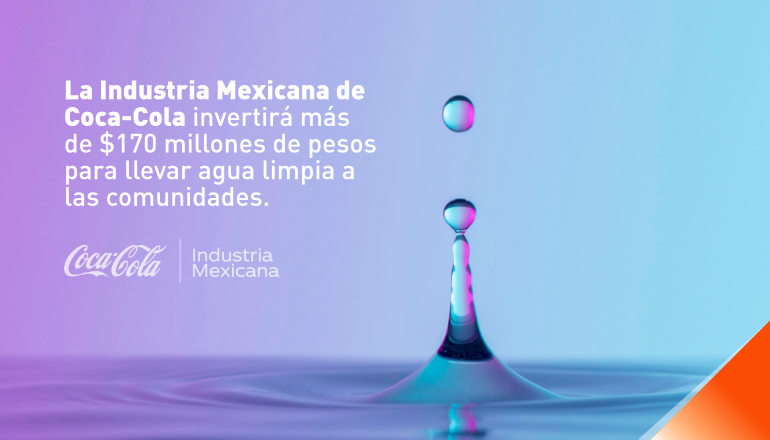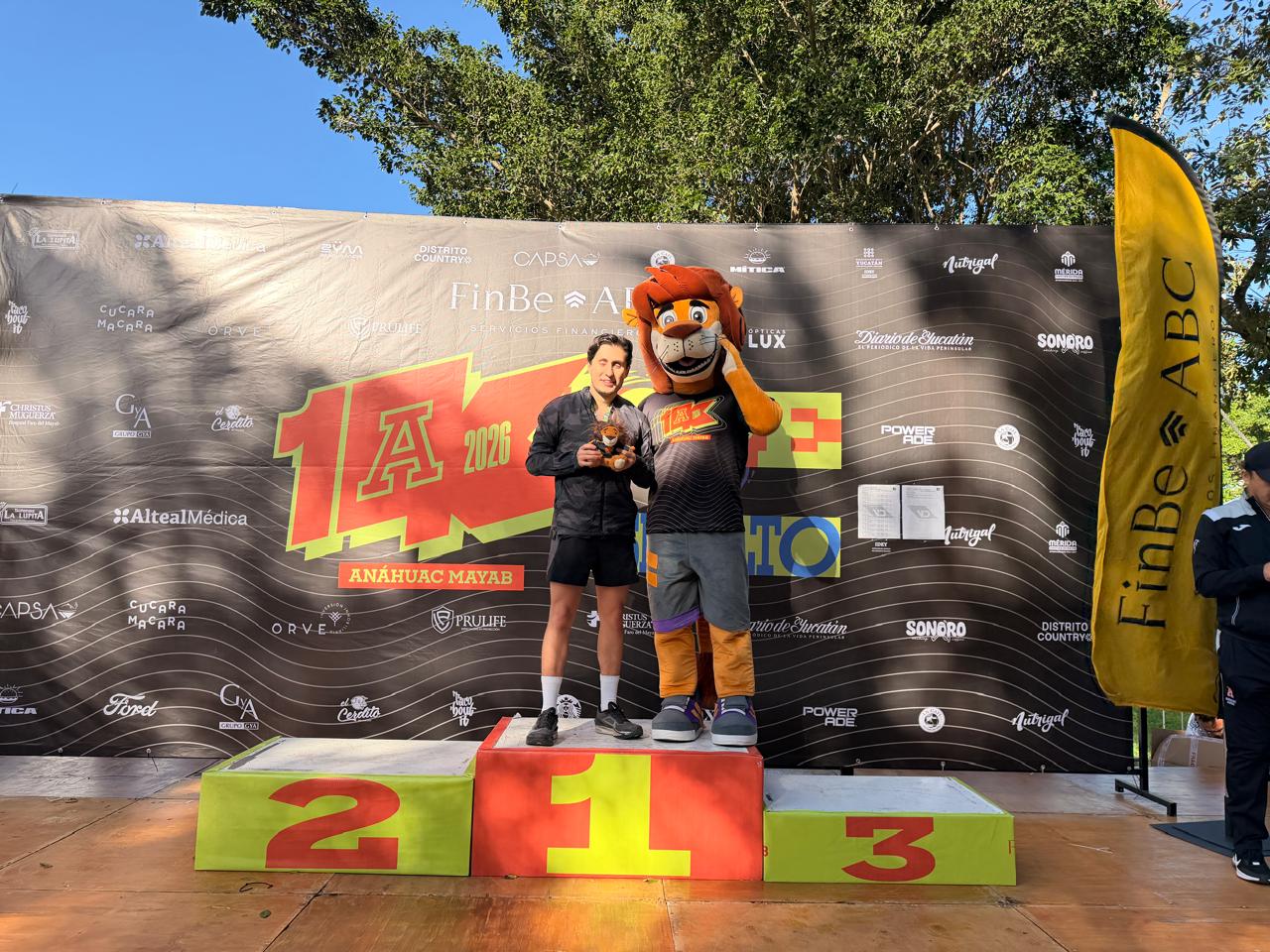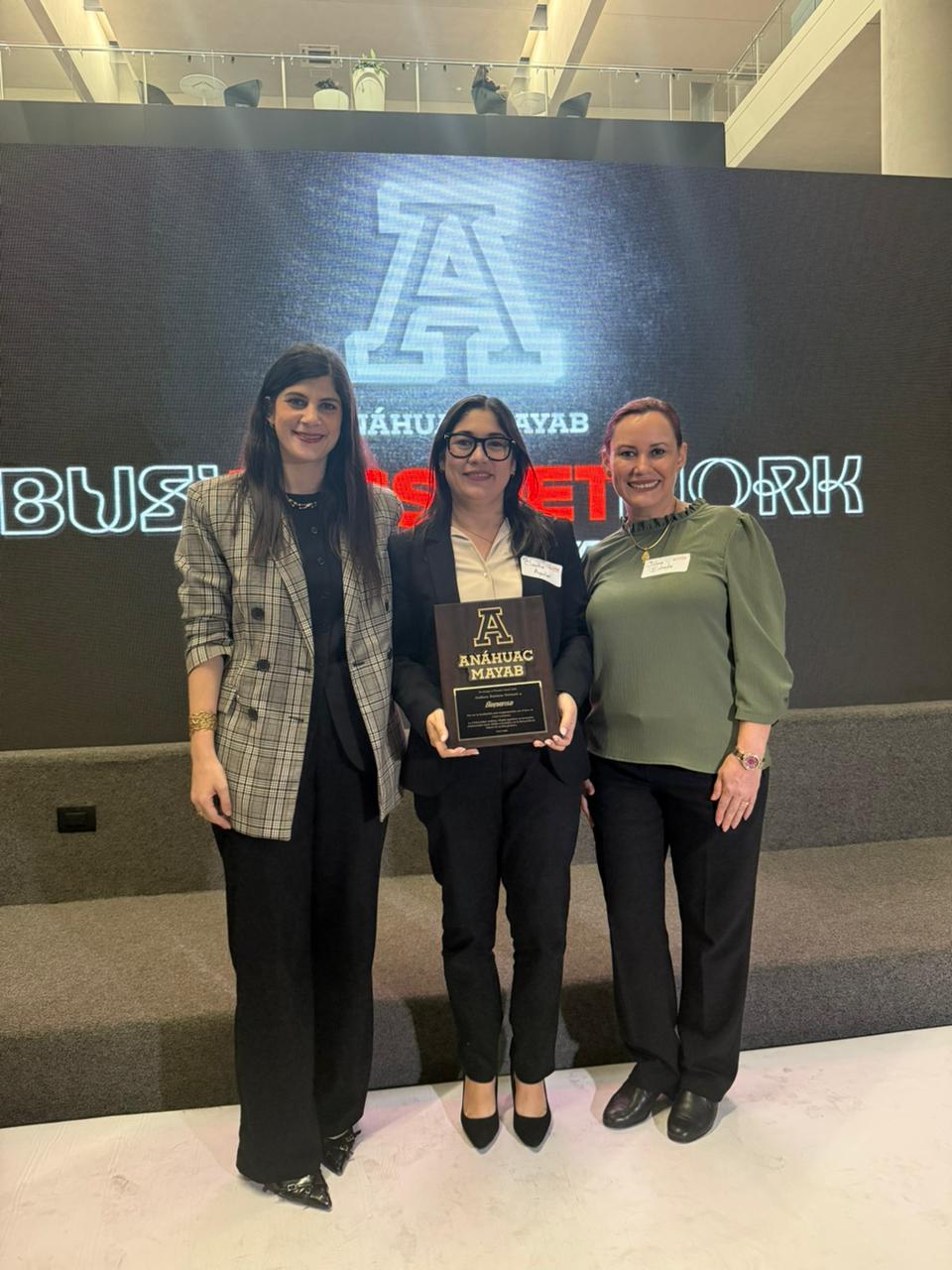Mexico City, March 17, 2021.- Under a comprehensive strategy to promote access to clean water in the country, the Mexican Coca-Cola Industry (IMCC) in the framework of World Water Day announces an investment of more than $170 million pesos for the construction of four nature-based wetlands in 2021, which will supply water to communities in the State of Mexico, Baja California, Jalisco and Quintana Roo.
The wetlands will have the capacity to process urban water from communities, using ornamental plants to eliminate bacteria and odors, promoting a sustainable process and integrating environmentally friendly technologies. In addition, they will be linked to productive projects in the communities, which provide an economic income for the livelihood of Mexican families.
As evidence of this commitment, the foundation stone was laid for the wetland in the State of Mexico. This project will have the capacity to process more than 3 million liters of urban water per day, equivalent to filling more than 622 water trucks with a capacity of 5,000 liters each.
For the Mexican Coca-Cola Industry, sanitation, hygiene, and access to clean water in the communities where it operates are part of its objectives, which is why it works transparently, on behalf of communities facing complex situations due to lack of water.
People are important, and so is the planet, which is why we continue to strengthen our value chain to improve the quality and quantity of water in the country, ensure responsible management of the resource, restore ecosystems, and modernize infrastructure, making each initiative a collective action.
In turn, as part of the three main pillars of The Coca-Cola Company's strategy to promote access to clean water, the IMCC will seek to reduce water challenges and improve the health of watersheds in the communities where it operates and sources its ingredients. It will also boost resilience among communities, especially among women, as they are often the most affected by water scarcity and sanitation challenges.
To kick off the construction of these four wetlands, the IMCC, along with its bottling partner Coca-Cola Femsa; authorities from the municipality of San Antonio La Isla, State of Mexico; the State of Mexico Water Commission; the civil association Pronatura; and community representatives attended this symbolic ceremony.
Each of the wetlands will be operated by community members from the States of Mexico, Baja California, Jalisco, and Quintana Roo, and will continue to be supervised by partners and the IMCC to ensure their proper functioning. This will also promote hygiene practices in the communities, the training and empowerment of women in productive projects, and watershed work for conservation and replenishment through efficient and sustainable water use.
Among the next steps the Mexican Coca-Cola Industry will take to promote access to clean water are the creation of community handwashing cisterns and filtration systems, rainwater harvesting, the installation of purifying filters in homes, and awareness-raising about water hygiene and conservation, among many others.
These actions are in addition to its other initiatives, which have already yielded significant results, such as returning 100% of the water used in the production of its products to nature since 2015 and returning more than 11 billion liters of water to nature, equivalent to filling 5,000 Olympic-sized swimming pools.
Furthermore, it treats 100% of the industrial water derived from its production for reuse. Since 2018, it has managed to reduce water consumption in its bottling plants by 36% and has improved its processes to reduce the number of liters it uses per liter of packaging.
In turn, together with the Coca-Cola Mexico Foundation, it has benefited nearly 500,000 people in various communities through access and conservation programs, as well as the replenishment of springs, rivers, and lakes.
In line with the company's global vision, the Coca-Cola Mexican Industry has redoubled its efforts to achieve its goal of bringing clean water to more than 1 million Mexicans by strengthening the country's water security, positively impacting the lives of people, as well as the places where it operates and sources ingredients. To this end, it will implement projects that provide access to clean water, increasing its quality, accessibility, and governance.
An example of this is the creation of nature-based wetlands through which access to the resource will be promoted for its use in productive projects of the communities.



